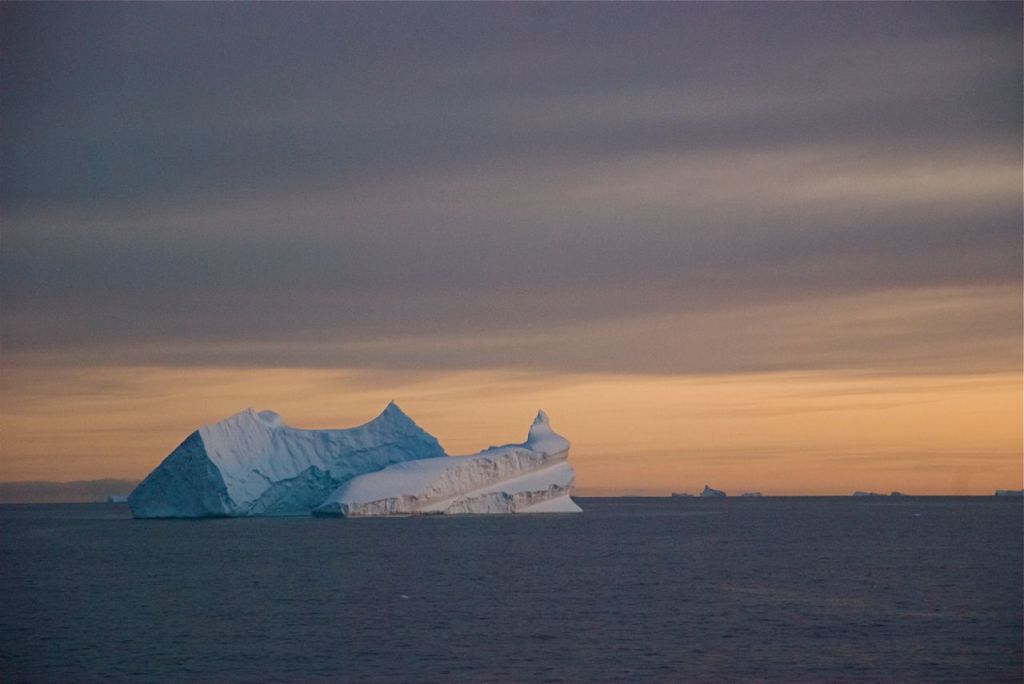Ocean
layering around Antarctica could signal major meltdown
Study
warns of 10-foot sea level rise
15
January, 2017
Staff
Report
As
scientists learn more about the dynamics of the ocean around
Antarctica, they’ve discovered a climate warming signal. Distinct
layers of water, marked by temperature boundaries, are forming right
now, leading to conditions similar to about 14,000 years ago, when
Antarctic ice sheets melted rapidly, raising global sea level by more
than 10 feet.
“The
reason for the layering is that global warming in parts of Antarctica
is causing land-based ice to melt, adding massive amounts of cool
freshwater to the ocean surface,” said lead author Dr Chris
Fogwill, from the University of New South Wales’ Climate Change
Research Centre.
“At
the same time as the surface is cooling, the deeper ocean is warming,
which has already accelerated the decline of glaciers in the Amundsen
Sea Embayment. It appears global warming is replicating conditions
that, in the past, triggered significant shifts in the stability of
the Antarctic ice sheet.”
The
study was published last week in the Nature journal Scientific
Reports.
“By
looking at what happened in the past we can gain insights into where
our planet may be heading,” said co-author UNSW Professor Chris
Turney.
The
accelerating melting of land ice into the sea makes the surface of
the ocean around Antarctica colder, less salty and more easily
frozen, leading to extensive sea ice in some areas; one of the likely
causes of increasing sea ice around Antarctica.
The
researchers tracked changes in ice sheet elevation and regional
climate by studying the chemical makeup of ancient blue ice from a
‘horizontal ice core’ in the Weddell Sea Embayment, a region that
today drains more than 22 percent of the entire Antarctic Ice Sheet.
When combined with ice sheet and climate modelling, the new data
clearly showed that when the waters around the Antarctic became more
stratified, the ice sheets melted much more quickly.
“The
big question is whether the ice sheet will react to these changing
ocean conditions as rapidly as it did 14,000 years ago,” said
author Dr, Nick Golledge, a senior research fellow at the University
of Victoria’s Antarctic Research Centre.




No comments:
Post a Comment
Note: only a member of this blog may post a comment.